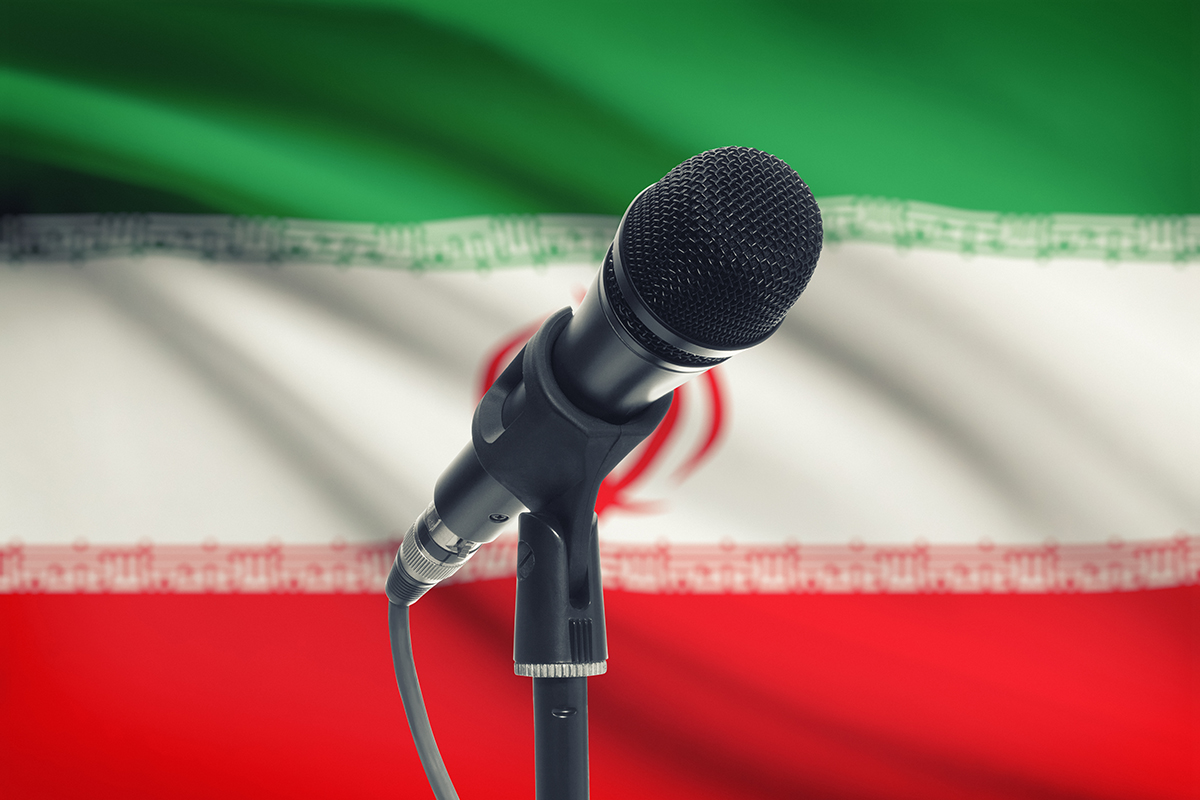Iranian rapper and activist Toomaj Salehi, arrested in October of the previous year for endorsing the nationwide protest movement, has been sentenced to six years and three months behind bars, according to a post on his official Twitter account.
The tweet further stated that after spending 252 days in solitary confinement, Salehi was relocated to the prison’s general section. The 32-year-old artist was initially accused of offences that could lead to the death penalty, such as “engaging in anti-government propaganda, collaboration with hostile governments, and establishing illicit groups to incite instability in the nation,” as per a prior report from the Iranian state-run media, IRNA.
Salehi’s legal representative, Reza Etemad Ansari, informed the Iranian newspaper, Shargh that his client had been absolved of charges including “insulting the Supreme Leader and collaborating with hostile governments.”
Ansari added that Salehi would be under a two-year international travel ban, and his passport would be withdrawn. He would also face a prohibition against involvement in creating, organizing, or producing music and songs for two years.
Iqbal Iqbali, Salehi’s uncle, declared that his nephew’s incarceration for six and a half years is unjust and extended his gratitude towards those who have advocated for the rapper’s release.
He voiced, “Toomaj, belonging to Iran, the world, and us, has been unjustly imprisoned for six and a half years. May he and all our political detainees attain freedom? Heartfelt thanks to all the people who have endeavoured for Toomaj’s release and the liberation of our political prisoners.”
Through his songs and online posts, Salehi had publicly supported a series of protests that ignited following the death of Mahsa Amini, a 22-year-old Kurdish-Iranian woman. Amini died on September 16 after the morality police arrested her and allegedly sent her to a re-education center for improper hijab use.
Salehi, of Bakhtiari ethnicity, has consistently used his music to promote unity amongst Iranians from various ethnic backgrounds. As the protests swelled in mid-September of the prior year, Salehi urged Iranians to rise against their government.
He appealed through an Instagram post, “All of us bleed the same colour. Let us remember our powerful unity and refuse to allow them to sow discord among us in this blood-soaked and sorrowful heaven.”
In his track “Meydoone jang” or “The Battlefield,” Salehi raps, “Stand with us, we have stood by you for years. It’s not enough to be rebellious; we have revolutionary roots. From Arabs to Assyrians, Armenians to Turkmen, Mazandari to Sistani, Baluch to Talysh, Tatar to Azeri, Kurd to Gilaki, Lor to Farsi, and Qashqai, we embody the unity of rivers: we are the sea.”
As Iran grapples with political tensions and nationwide protests, the sentencing of Toomaj Salehi is a stark reminder of the country’s ongoing struggles for freedom of speech and artistic expression. Amid his incarceration, his music remains a potent symbol of unity and resistance, echoing across Iran and the world, inspiring many to continue their fight for justice and equality.







